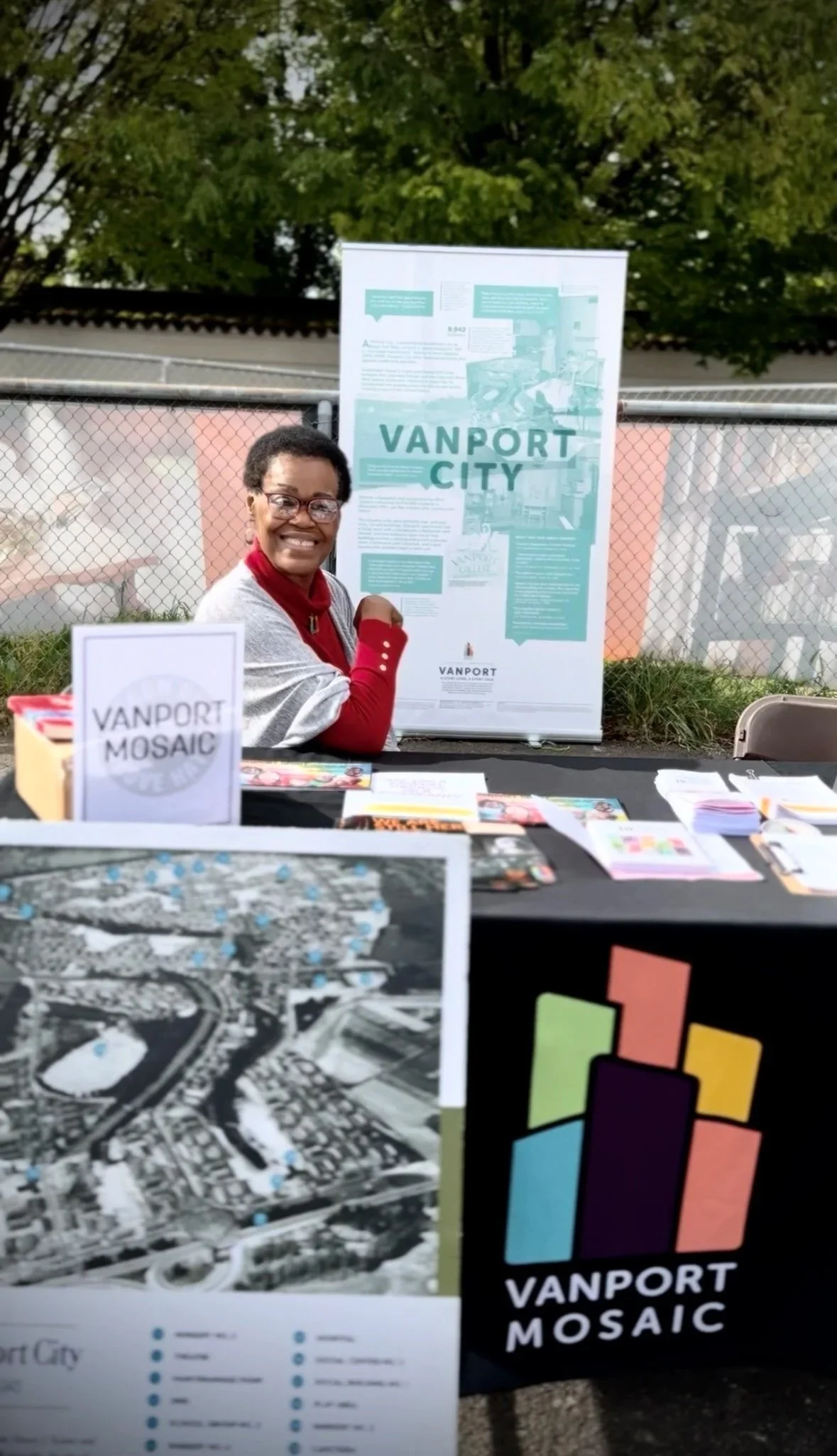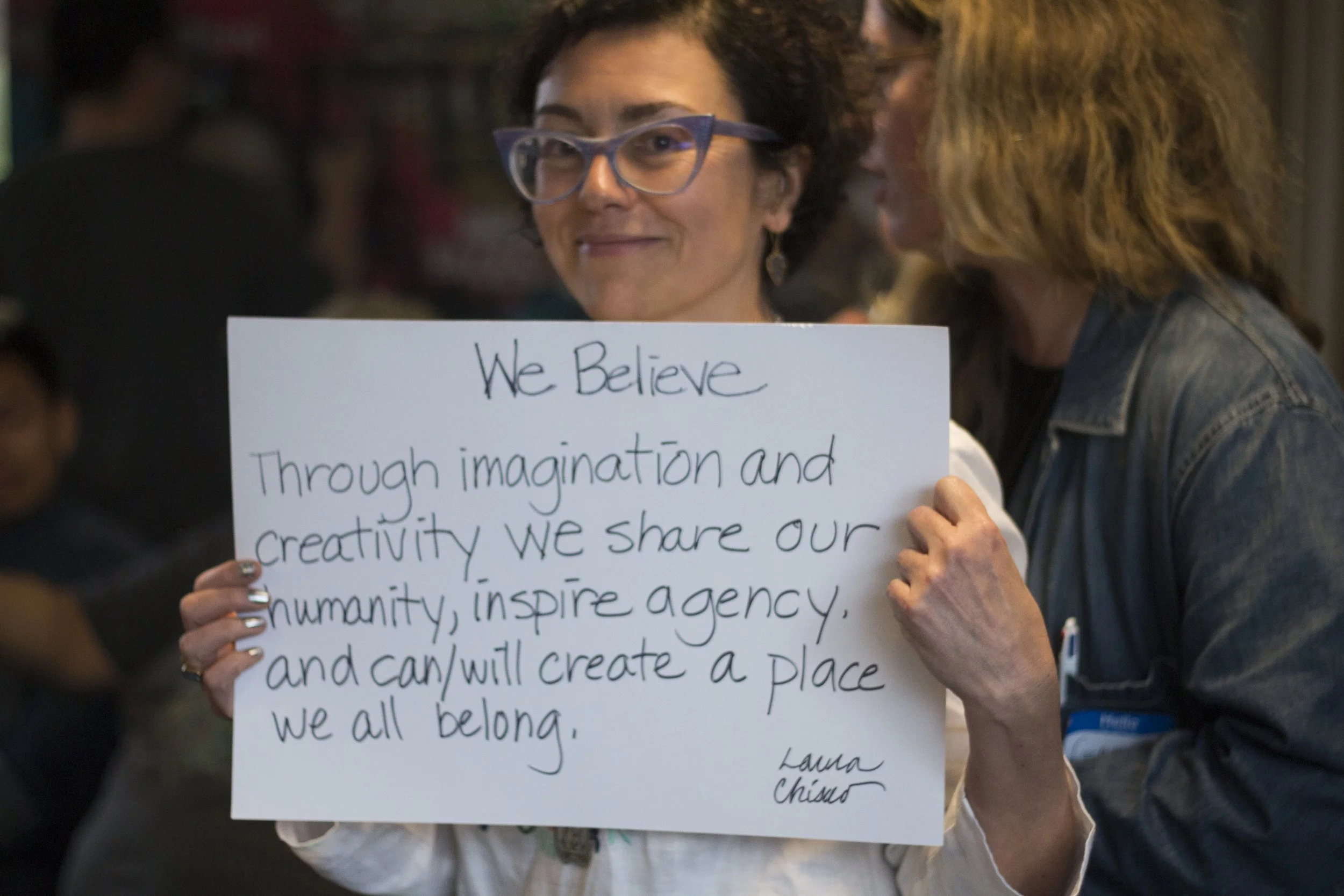The Vanport Mosaic is
a community-led collective of story-keepers, cultural organizers, historians, media makers, artists, educators, students, and advocates. Together, we amplify, honor, and preserve our collective memory so that the lessons of the past light the path toward justice.






We are grateful to our Board of Directors for the invaluable support and guidance.
Donate
Join our effort and help us fight historical amnesia. With your help, we can continue to amplify, honor, and preserve the silenced histories that surround us.



